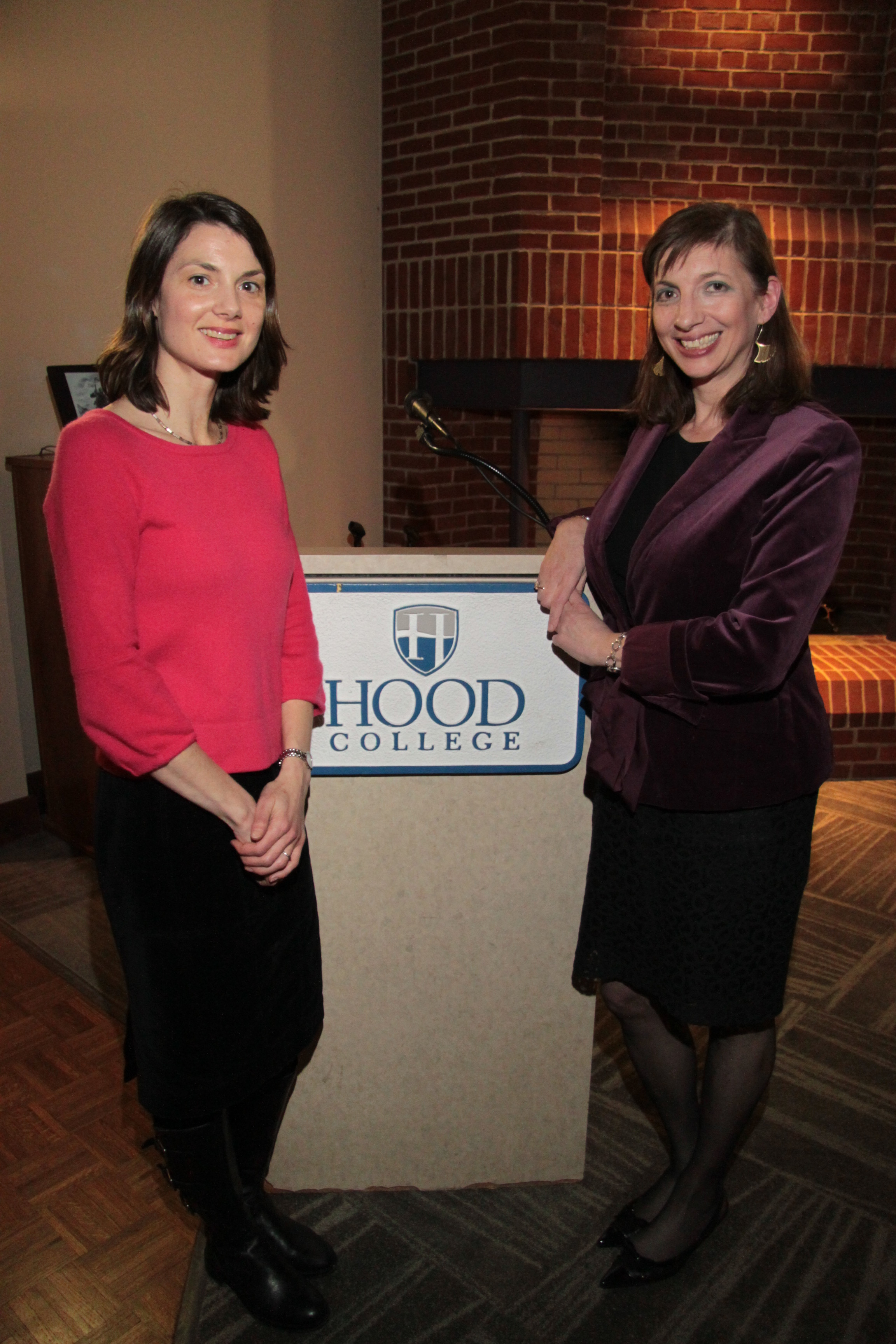
By Gracyn Van Bemmel
The deadline for students who wish to renew their emotional service animal (ESA) housing accommodation is April 12, and the deadline for students who are seeking a new accommodation is July 1.
Students who wish to apply for accommodations must submit the Release of Health Care Form, the Housing Accommodation Medical Documentation Form (for housing only), or the Housing Accommodation Medical Documentation with ESA Form, all to be completed by the student’s licensed medical provider.
According to an email sent from the Office of Residential Life on April 2, “suites, semi-suites and semi-suite singles are not considered accommodation rooms.” If students wish to live in these types of rooms, their housing accommodation request will be denied.
It is also important to note the differences between emotional support animals and service animals.
Service animals provide a service to their handler, such as aiding a visually impaired person, whereas emotional support animals do not provide a service and may provide the owner with calming, stability and other kinds of support in a housing environment.
As such, an emotional support animal is prohibited from entering any building on campus other than the student’s own residence building and room.
If students are interested in getting an emotional support animal, there are many local animal shelters near Hood that have cats, dogs and other animals available for adoption.
The Animal Welfare League of Frederick, Maryland, located on E. Patrick Street, is open from noon to 4 p.m. on the weekends for visitors to meet the resident cats that reside in the shelter. You can learn more about the cats on the League’s website at http://awlfc.org.
The Frederick Humane Society, located on North Market Street, is also an option for cat and dog adoptions. Its website is http://www.fchs.org.
A few students have their pets on campus with them, and they wouldn’t change anything for the world.
“I like having the responsibility of having an ESA to take care of. It’s been really grounding,” Rebecca Carroll, owner of a black cat named Jack, said. “I can go back to my room and have a sense of home. Not to be soapy, but my cat’s my best friend.”
If resident students wish to have ESA on campus with them, they are required to contact the Office of Accessibility Services, which is housed on the first floor of the Beneficial-Hodson Library, and the Office of Residential Life, which is housed on the second floor of the Whitaker Campus Center.
If the paperwork is approved, students must provide all vaccinations and Maryland licensing paperwork.
“I think it’s good because some days I get so busy with classwork that I don’t talk to anyone,” Kadem Hodge, owner of a tuxedo cat named Oreo, said. “So, it’s nice to have some sort of company.”
Students who are interested in registering their pets on campus as an ESA can learn more information and find the applications on the Hood website under accessibility and accommodations.




Be the first to comment